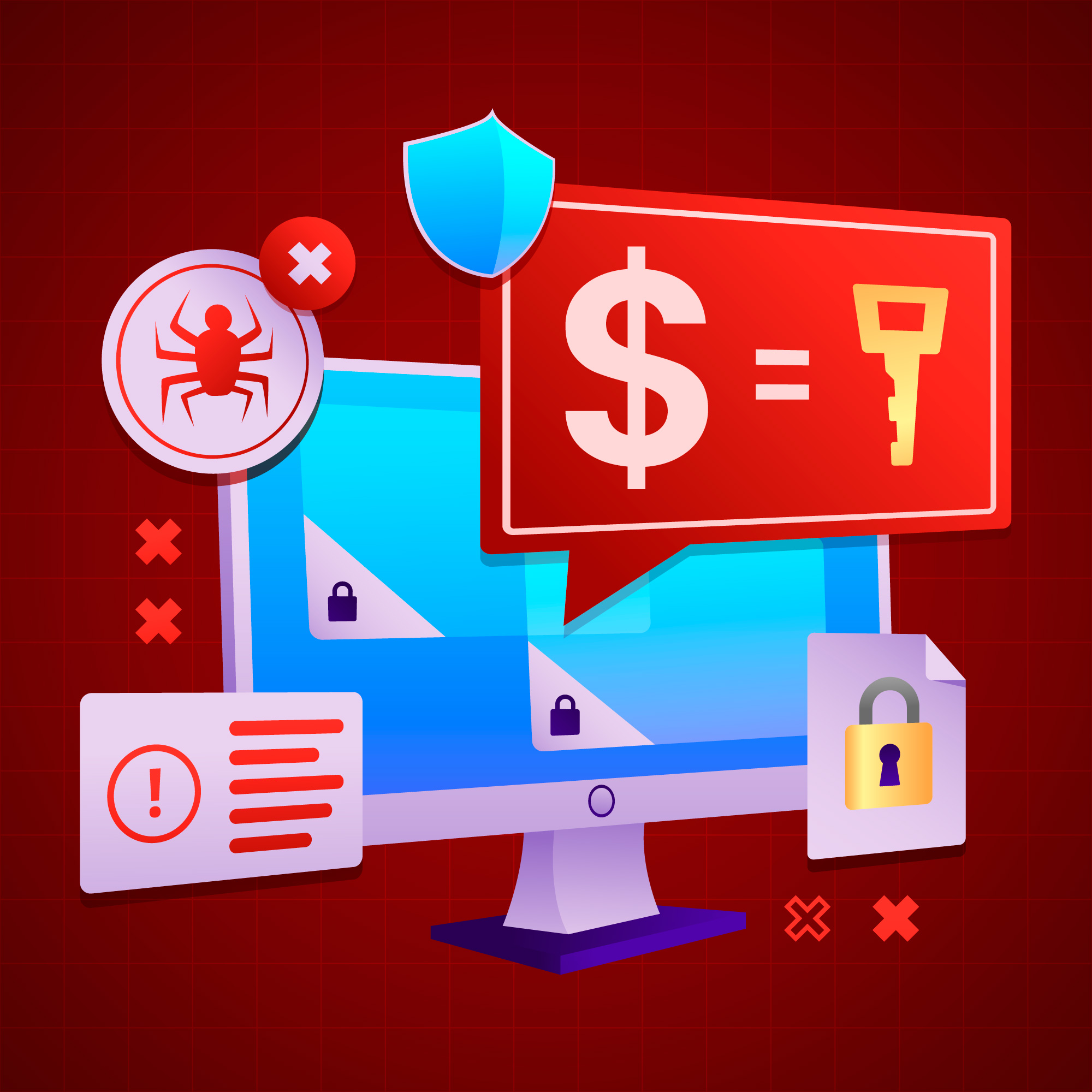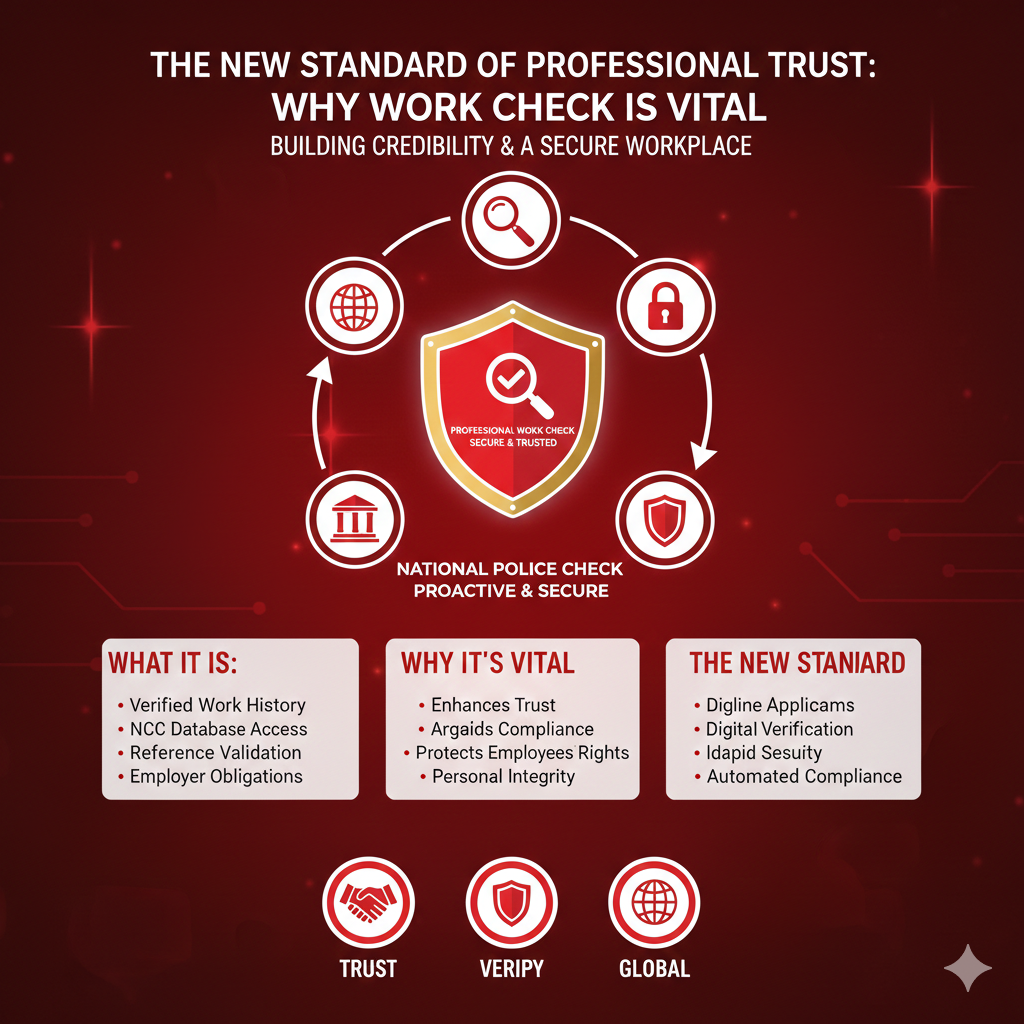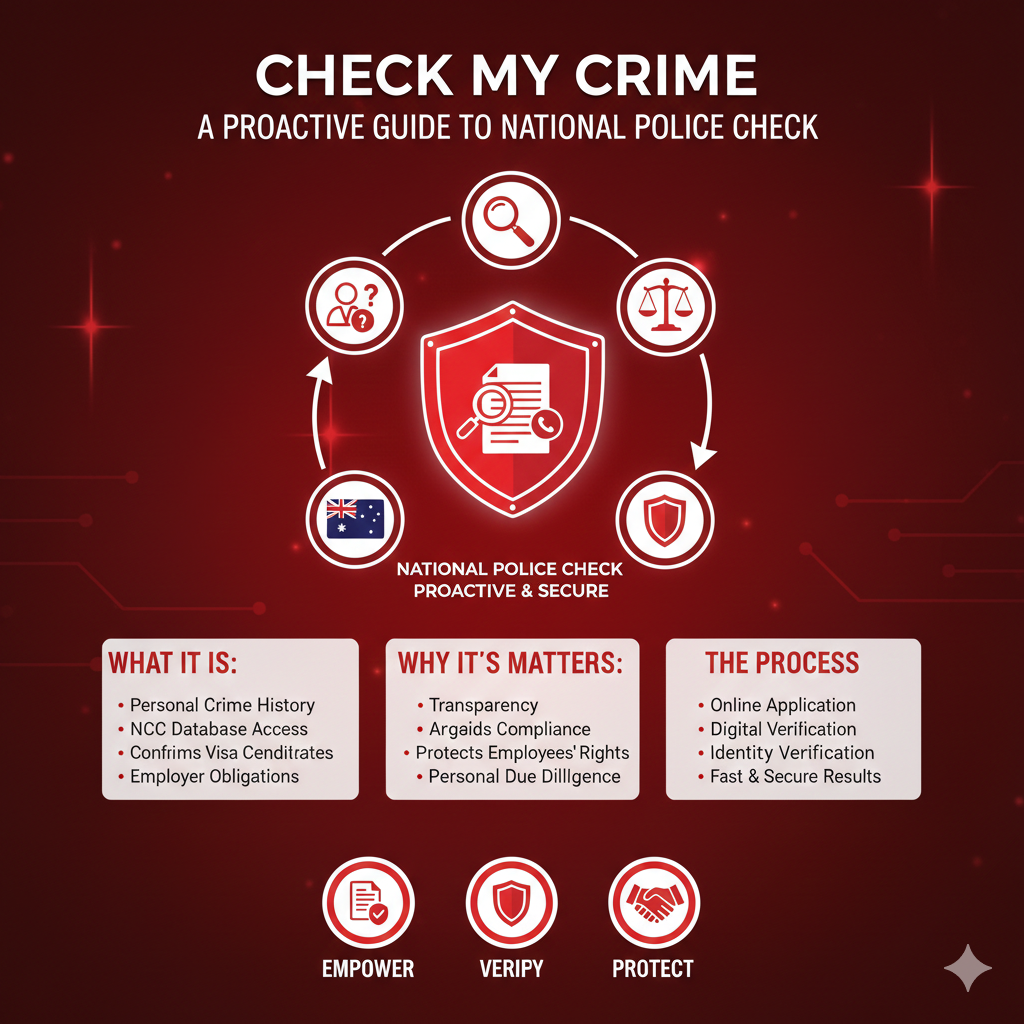Cybersecurity and breaches are enormously crucial in a greatly operational modern age that virtually relies on digital settings. Rapid technological innovations and the mounting level of intricacy of digital settings have served to assure a dire need for robust ways to defend sensitive information. Methods of acquiring proper cyber security strategies and their implementation are very significant towards the safety of personal and organizational databases.
What is Cyber Security?
Cybersecurity, in simple terms, refers to the protection of these systems, networks, and data through visibility and traceability. It offers them protection from damage, theft, or unauthorized access. More accurately, cybersecurity borders on a pretty wide collection of technologies, processes, and practices in information integrity, confidentiality, and availability. As nearly everything nowadays is becoming digitized, requirements to ensure that general measures of cybersecurity are in place become tighter and tighter.
The important parts of cyber security involve:
Firewall
This refers to a boundary of trusted and untrusted networks with devices or a collection of devices configured to disallow unauthorized access to or from the network.
Encryption
This is the process by which data is altered into a form that assures secure delivery of information in such a way that even if another person accesses it, he or she will not be in a position to understand it. Intrusion Detection Systems (IDS): This form of system can monitor network activities that are suspicious and may be perceived as a threat.
Regular Security Updates
These are updates performed on the system to protect against known vulnerabilities. Effective cybersecurity strategies will make sure to fight against a variety of threats and vulnerabilities. It is called multi-layer protection, hence minimizing the risks of having sensitive information disclosed.
Considering a career where compliance matters? Explore NDIS police check requirements and how they relate to cybersecurity in the care sector.
Course in Cyber Security
Every person who wishes to learn and have experience on the field in their career is taught with a course of cybersecurity. Courses provide knowledge and practical skills that help in what would have otherwise been the very challenging world of cybersecurity. They include the fields of Network Security, safeguarding network infrastructure against attacks.
Ethical Hacking
a set comprising the process of scanning, manipulating system vulnerabilities for the betterment of system security.
Risk Management
including risk assessment and possibly examples of actions associated with digital assets.
Cybersecurity and breaches courses often have labs and simulations, thus allowing a student to put his theoretical knowledge into practice. Almost all of these courses normally lead to certifications, hence increasing employability in the competitive cybersecurity job market.
Cybersecurity Jobs
Cyber security jobs have been so demanding over time, and one never fails to get a job at the end of their studies. The common roles for them include:
Security Analyst:
A security incident monitoring job responsible for responding and having countermeasures in place in regard to the protection of data and systems.
Ethical Hacker
A professional who should conduct authorized penetration testing against an organization to identify the weaknesses of the organization’s security to protect the organization before its weaknesses are ever known by other than unauthorized entities.
Information Security Manager
The person responsible for the design of security policies and procedures that will safeguard organizational assets and comply with set regulatory standards. All these jobs require a rigorous understanding of the concepts of cybersecurity and breaches and also ask the individual to keep himself updated with the new threats and upcoming technologies.
In general, this is what makes working on cyber security careers very rewarding because one is working on the digital frontier. Our business police check services make employee vetting simple and secure.
Cyber Security Breaches
Even the most thought out measures of cyber security have breaches quite highly possible. The incidents about gaining access to confidential information have been termed as cybersecurity breaches. Quite often, lost data and financial losses follow and finally lead to reputational damage. Common types of cyber security breaches are:
Phishing Attacks:
Fraudulent activities veiled under efforts to retrieve sensitive information from people. Much of the time, this would contain totally professional-looking emails or texts that may go with the sole aim of trying to dupe the target into revealing personal information.
Ransomware
A class of malware that encrypts a victim’s computer information with the motive of extorting their money for a decoding key. An attack with ransomware may slow down all your operations and may result in colossal financial losses.
With that consideration in mind, therefore, the organization should develop and put in place effective mechanisms of cyber security that make sure that breaches are detected and blocked. An essential part of vetting staff who handle sensitive data is to know about the cost of a police check in Australia.
Cyber Security NSW
Cyber Security NSW allows for participation in building a safe digital environment as part of the overall concerted efforts that Australia is already undertaking. The New South Wales government itself has participated in several initiatives and frameworks of better cyber-secure environment building within the state. Some of these include:
Public Awareness Campaigns
This will be relevant in distributing feed and information on the best practices to undertake regarding Cyber Security and breaches and the dangers it holds. This will create awareness of a secure online behavioral practice.
Regulatory Steps
Formulation of rules and regulations that will guide the operations concerning the needs of Cyber Security and breaches in both the private and public sectors will allow for conformed policy on securing the digital environment in most sectors.
Support Programs
They avail the resources and offer support to the businesses to ensure that they meet their goals; having a better cyber security status. Findings will give the way forward on how best practice can be implemented and on how to handle the different security issues.
NSW Cyber Security Initiatives
The New South Wales State Government addresses cybersecurity and breaches through the following main initiatives, which we will now highlight:
Cyber Security Strategy
An integrated strategy articulating the objectives and actions regarding improvements in security for industries and sectors across New South Wales. It aims to ensure strong critical resilience and enhance the protection of digital age infrastructures.
Partnership and Collaboration
Industry partners can help in this respect, as also additional educational institutions and government agencies that will work with the innovation of new ways to tackle challenges concerning Cyber Security and breaches. This will actualize a new dimension in the face of persistent challenges concerning cyber security.
Training and Education
There will be multiple sets of training programs and workshops, including the enhancement and upgrading of skills, regarding cyber security and breach professionals and/or one for the general public. This approach empowers the common man to counter emerging attacks and technologies over time.
Balancing Benefits and Risks
In cybersecurity, organizations must balance the benefits of technological advancement with its associated risks. As technology evolves in emerging areas, managing cybersecurity and preventing breaches becomes increasingly important. The major aspects, among others are:
Investment in Technology
One needs to do investments in advanced technologies like encryption, firewalls, and intrusion detection systems so that there is saving digital assets from threats. Protect information in line with laws and best practices to earn stakeholders’ confidence and ensure compliance.
Compliance Culture
Have the organizations imbibe a compliance culture so that they become proactive regarding the rules and regulations of Cyber Security and breaches before it becomes a materializing threat. Next-generation technologies in blockchain, artificial intelligence, and the Internet of Things will keep setting the pace in this space.
Organizations will have to respond and act fast in view of these changes and cyber security challenges that increase exponentially with every adoption of more and more technology in a bid to safeguard digital assets of organizations.
If someone is working in education sector then they should opt for education sector police checks to know how compliance and cybersecurity go hand in hand.
Conclusion
Basically, it means cyber security and breaches awareness gives very basic concepts of safeguard when it comes to digital information, finding the most appropriate level of educational background, and professional certification coupled with continuity knowing the dynamics of threats and technology. Rapid Seening on the other hand is important in providing digital protection and assurance of safety in the environment of technology.
This would lead to an exemplary culture of compliance and cyber security strategy in this regard, the ultra powerful helper developed to let the organizations save their and individual digital assets from the harm of modern threats in this time of digitization.
Frequently Asked Questions (FAQs)
1. What is cybersecurity and why is it important for businesses today?
Cybersecurity protects systems and data from unauthorized access and attacks. It’s vital for safeguarding sensitive information and ensuring business continuity.
2. What are the common types of cybersecurity breaches that affect businesses?
Common breaches include phishing, ransomware, and data leaks each capable of causing financial and reputational harm.
3. How can businesses in New South Wales strengthen their cybersecurity?
NSW businesses can improve security by following the state’s Cyber Security Strategy, adopting best practices, training staff, and using government-supported tools.
4. What tools are used in cybersecurity to prevent breaches?
Key tools include firewalls, encryption, intrusion detection systems (IDS), and regular software updates to block threats.
5. What kind of courses or training are available for someone interested in a cybersecurity career?
Courses cover topics like ethical hacking and risk management, often leading to certifications such as CompTIA Security+ or CISSP.
6. What are some common cybersecurity job roles and what do they involve?
Roles include Security Analysts, Ethical Hackers, and Information Security Managers, all focused on protecting systems and data.
7. How can organizations prevent cybersecurity breaches from happening?
Organizations can prevent breaches by investing in technology, training employees, conducting regular audits, and enforcing compliance.




